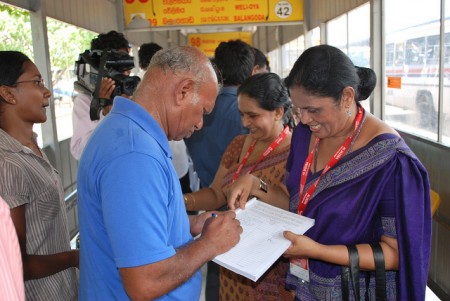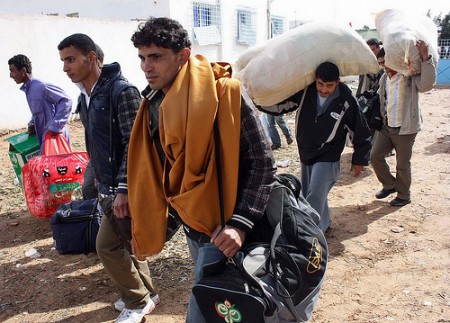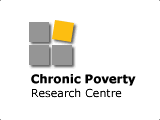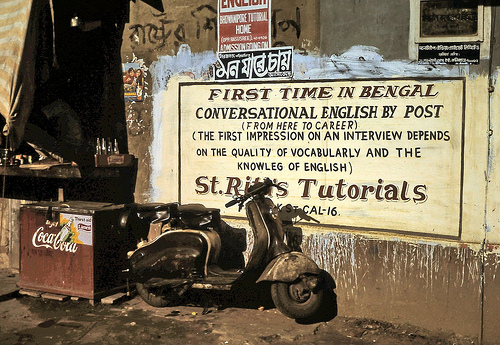
The report of the UN Secretary-General’s panel of experts on accountability in Sri Lanka, published on 31 March 2011, reveals “a very different version of the final stages of the war than that maintained to this day by the Government of Sri Lanka.” The panel findings indicate that serious violations of international humanitarian law and international human rights law were committed by both the Government of Sri Lanka and the Liberation Tigers of Tamil Eelam. Some of these violations, if proven, “would amount to war crimes and crimes against humanity.” The UN also got its share of criticism, for failing to take action that might have protected civilians during the final stages of the war.
Unsurprisingly, the Sri Lankan Government denounced the report as “fundamentally flawed”. The Ministry of External Affairs alleged that, among other deficiencies, the report was based on biased material and presented without verification. Although it was originally a joint commitment by the UN Secretary-General and the President of Sri Lanka, the government objected to the publication of the report and claimed that it could damage reconciliation efforts between the Sinhalese majority and the Tamil minority in the country. The government is now seeking international and local support as part of an effort to counter the UN panel report and the implementation of its recommendations.
On the other hand, the Tamil National Alliance (TNA) – the main political party representing the ethnic minority – welcomed the panel’s recommendations and expressed hopes that they will be implemented.




